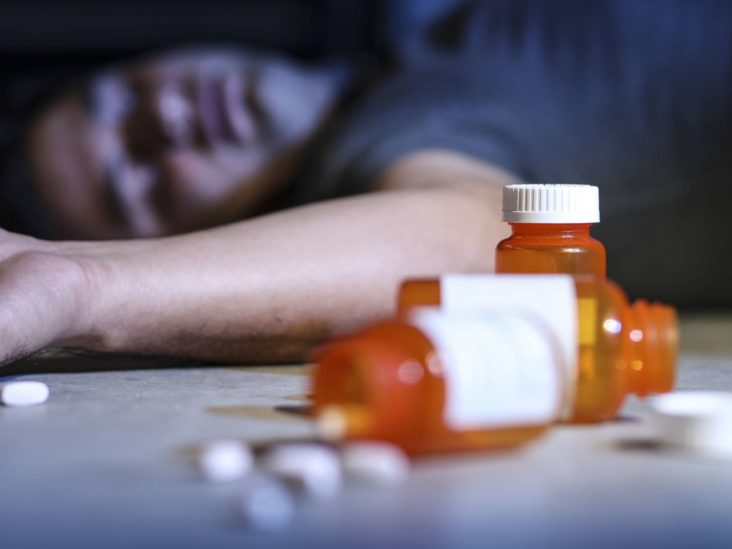When people talk about drug use, they are usually referring to illegal drugs like marijuana and cocaine. But what do these terms actually mean? Here is a quick overview of each:
Marijuana is the most commonly used illicit drug , with around 22 percent of adults using it at least once in their lifetime. It’s a plant-based substance that comes from the cannabis plant and contains THC (tetrahydrocannabinol), which is responsible for its psychoactive effects. If you want to know more about drug abuse addiction you can visit https://stepstogether.co.uk/drug-abuse-and-addiction/

Image Source:Google
Cocaine is another popular illicit drug. It’s made from the leaves of the coca plant, which grows mainly in Central and South America. Cocaine can be snorted, injected, or smoked, and it typically has a stronger effect than marijuana. In fact, it’s often used as a way to increase energy levels.
In general, drug use refers to any behavior or activity that involves using an intoxicant, like alcohol or drugs. This can range from casually using marijuana once or twice a week to abusing hard drugs like cocaine and heroin.
What Are the Signs of Drug Abuse Addiction?
There are a number of signs that may indicate someone is addicted to drugs, and these include:
-Using drugs more often or in larger amounts than intended
-Strong cravings for the drug, which can be difficult to control
-Using the drug even when it is not enjoyable or desired
-Spending a large amount of money on drugs, either out of necessity or as a way to cope with the addiction
-Experiencing withdrawal symptoms when not using the drug, such as severe anxiety, nausea, and headaches.

